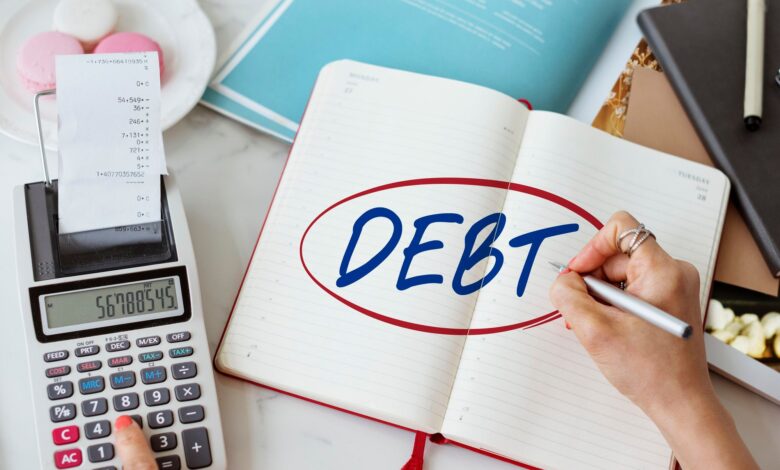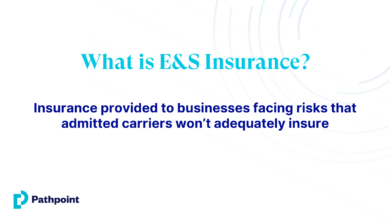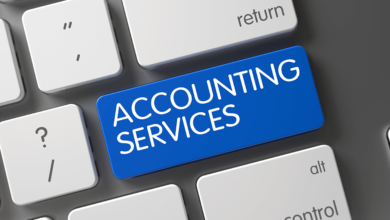3 Effective Ways to Reduce Your Debt and Improve Your Finances

Finding yourself overwhelmed by high-interest credit card balances, burdensome student loans, and other debt obligations can feel extremely discouraging. However, no matter how deep in debt you may currently be, there are practical strategies you can start implementing right away to begin the process of reducing your debt load and steadily improving your overall financial situation. With focused effort, smart money management tactics, and a bit of patience, you can absolutely make tangible progress on debt reduction to experience financial relief both now and in the future. Getting into debt is oftentimes very easy – an emergency expense here, a temporary splurge there. But digging yourself out of debt typically takes much more deliberate planning and conscious effort. Here are three proven methods to implement that will empower you to effectively reduce your debt and experience financial improvement:
Make a Comprehensive Budget and Commit to Following It Closely
The vital first step to truly getting your personal finances under control is to make a detailed, written monthly budget that accurately encompasses all of your expenses. Having a practical spending plan in place allows you to clearly see where every dollar of your income is allocated each month. This transparency enables you to closely analyze your spending patterns and identify the specific areas in your lifestyle where you can reasonably cut back on expenditures. Importantly, be sure to also factor in irregular but common expenses that occur periodically, like car maintenance and repairs, medical copays and prescriptions, home repairs, etc. Closely tracking every dollar you spend each day for a month using a check stub, spreadsheet, or spending app can provide immense insights into where your money goes and help you create a realistic budget.
To build an accurate budget, start by comprehensively listing out all of your fixed monthly expenses, such as housing costs like rent or mortgage, utility bills, transportation costs like auto loan payments or fuel, grocery and food bills, insurance premiums, and any other regular expenses. Once you have a complete itemized list reflecting your true regular spending, carefully categorize each expense as either an absolute need or a discretionary want. Expenses that are bona fide needs are bills and costs you genuinely cannot cut out or live without, like housing, transportation, food, utilities, and insurance. Wants to encompass all optional, non-essential spending on things like dining out, entertainment, vacations, and hobbies.
Thoroughly review the “wants” sections of your budget and look for areas, even small ones, where you realistically could reduce your spending at least somewhat. For example, you might be able to scale back on conveniences like takeout coffee or meals out a couple of times a month. When you trim even minor excess spending here and there, those savings add up. Every dollar you free up from your non-essential spending categories can then be allocated towards aggressively paying off debt. Building a detailed budget does require an initial time investment. However, once built, sticking to your budget consistently and conscientiously each month is the real key to getting ahead financially. With a clear plan guiding your spending, you can take control of your money rather than wondering where it all went.
Strategically Pay Off High-Interest Debt Obligations First
Once you have freed up any extra money in your budget by reducing expenses, it’s time to make a strategic plan for precisely how to allocate those funds in a way that will save you the most money on interest fees and pay off debts aggressively. Generally, you will benefit most by directing any extra cash flow specifically towards paying off debts that carry the very highest interest rates first. For most people, credit card balances incur the steepest interest rates of 15% or more in most cases. Make tackling your credit card debt your number one priority. Even if you can particularly afford the minimum payment on your cards for now, consistently paying any amount above the minimum whenever possible will significantly lessen the interest fees and help you pay off the balances faster.
Other common debts like personal bank loans or lines of credit typically have particularly lower interest rates in the 5-10% range. Continue making the minimum required monthly payments on these debts, but then put any leftover money towards the credit card balances charging higher interest. Student loans have several different repayment structures to take into account. For private student loans, aggressively paying down balances can save substantially on interest over time. For federal loans, consider income-based repayment plans that base your payment amount on your income and family size. By methodically focusing all your extra debt payments on one high-interest debt at a time until it is fully paid off, you pay much less in interest overall and also have the satisfaction of eliminating debts permanently. This “debt snowball” approach builds momentum.
Actively Explore Options to Increase Your Overall Income
Simply cutting expenses has limits. To truly make significant strides in paying off debt fast, identifying ways to bring in more income can make a major impact. Even earning an extra $200-300 per month can dramatically accelerate debt repayment when applied directly to balances. Some possible options to explore for boosting your income include:
- Requesting a pay increase or promotion at your current job if you’ve taken on more responsibilities
- Searching for a new job in your field that offers higher pay
- Taking on a side gig doing freelance work, driving for a rideshare service, starting an online e-commerce business, or leveraging other skills
- Selling unused items around your home on platforms like Facebook Marketplace, Craigslist, or eBay
- Renting out an extra room or unused short-furnished apartments you own for additional income
The key is to find a strategy for increasing earnings that fits within your existing schedule and skills. Any marginal income raises that you budget directly towards debt will help immensely. Combining higher income with cutting unnecessary costs allows you to free up exponentially more money to funnel into debt payments. With focus and discipline, you can knock out balances surprisingly fast.
Conclusion
Escaping the weight of debt and improving financial health requires disciplined spending choices, strategic debt repayment planning, and generating more income. Closely budgeting your money, funneling all extra cash towards paying off high-interest debts first, and boosting your earnings can all help accelerate the speed with which you reduce your debt load. The faster you can realistically pay off debts, the sooner you will free up cash flow that can be redirected towards other important goals like building emergency savings, investing for the future, or saving up to purchase a home. Take control of your financial trajectory by immediately putting these practical debt reduction strategies into action. With commitment, consistency, and smart behaviors, you absolutely can lower stressfully high monthly debt payments and steadily improve your financial foundation over time. The first step is developing a plan and starting today.



